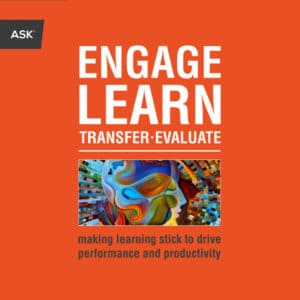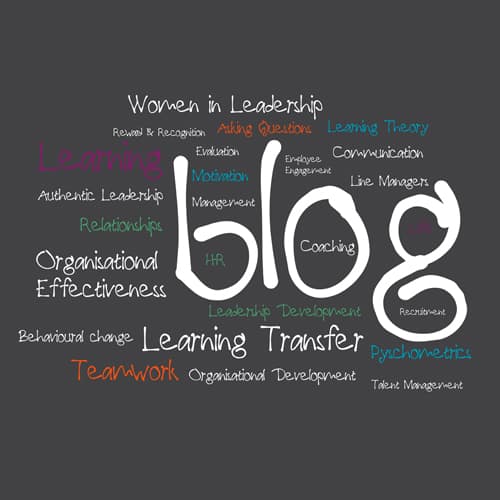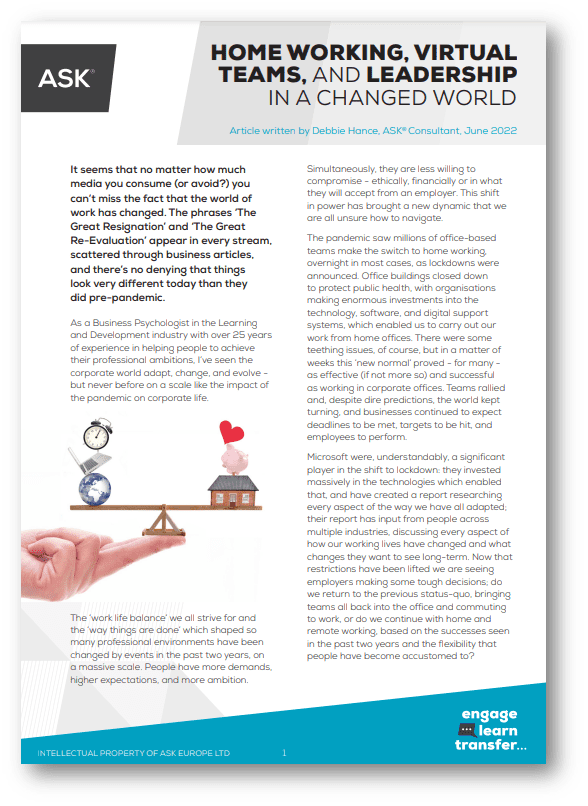Peak trust:
is it ahead, or is it behind us?
Who should you believe?
In findings that may dampen spirits in the C-Suites of the kingdom (and more than a few republics), CEOs are – with the exception of media spokespeople – were the least trusted sources of information, according to the 2017 Edelman Trust Barometer. As Management Today reported:
Trust in businesses and business leaders is on the wane, the report found, but the group the public does trust to tell them the truth about a company is its employees”
The Edelman report’s introductory section pulls few punches, even in its sub-title: “An Implosion of Trust”. After what it acknowledges as being a year of ‘unprecedented upheaval’, the report seems little surprised by human reaction to a world where heads of state have rolled, the Panama papers were released, elections and referendums brought widespread shock and a combination of rising fake news and falling advertising revenue undermined mainstream media.
The ‘news’ – although that doesn’t feel like exactly the right word – is that the sense that the world is heading in the wrong direction is increasingly widespread. In finding that 53% judged that ‘the system is not working’, Edelman is not the only organisation to feel the pulse of the global public mood. In a worldwide a October 2016 Ipsos survey, What Worries the World, 61% of respondents said their country was on the ‘wrong track’ – 60% of Britons agreed. The main worries varied between the 25 profiled countries (the most frequently raised was not – as it is uniquely in the UK – immigration, but unemployment, with poverty and inequality also frequently highly ranked.)
Trust – or its current decline – is the issue that is everywhere. Even if the on-going ramifications of the EU Referendum, it is being raised, albeit in an unexpected direction:
Speaking ahead of the Commons debate, Brexit Secretary David Davis said that after last year's referendum MPs will be considering a very simple question: "Do we trust the people or not?"
It is to be hoped that Mr Davis remembers the words of Harold MacMillan, who once observed that “In long experience I find that man who trusts nobody is apt to be the kind of man nobody trusts.” He might also think twice before echoing Michael Gove’s comments on experts: whether they are technical or academic, they remain relatively highly trusted.)
Yet the crisis of trust is not one that simply impacts on politicians, even if Government officials remain the least trusted of polled groups. Trust in business was recorded as declining in 18 countries, and it is now more distrusted than trusted in 13 the UK included. (Trust in CEOs, meanwhile, declined in all 28 polled countries, and they judged not credible in 23.)
The 2017 Edelman Barometer was launched at the annual World Economic Forum meeting in Davos, where the business community was keen to make its alertness clear. Here, for example, are just some of the words of Punit Renjen, CEO of Deloitte:
Businesses need to start acting like we have skin in this game, because we do. The fact is, business cannot succeed if society fails. […] So, yes, we all have a moral obligation to the communities in which we live and work, but for the business community, this is also a matter of self-preservation."
Can you trust the business you work for?
In an echo chamber world where 59% of respondents would trust a search engine over a human editor, fears are amplified more than they are addressed, and the main fears are widespread: corruption, globalization, eroding social value, immigration and the pace of innovation. Yet these are topics that business mostly addresses through press releases and marketing rather than dialogue, civic engagement or behavioural change: the most common perception is not of listening but of lobbying. But we live – and work – in difficult and volatile times where structures are increasingly seen as failing: people need things to believe in, and business remains – just, and for now – trusted. Its better we trust in organisations with the ability to act: the alternatives are unlikely to be an improvement. Little wonder that even the WEF now speaks of wake-up calls.
While only a few years ago, we read about such vital matters of state as ‘peak beard’ being behind us, we are in more dangerous times now. ‘Peak trust’ is, on Edelman’s and Ipsos’s figures, also at risk of being behind us. This is not a time for retaining trust, but for actively growing it. As Charles Wookey, CEO for A Blueprint for Better Business (an independent charity that supports and challenges business to be a force for good) wrote recently in the Huffington Post:
Trustworthiness is granted to those who we respect and care for. Clearly neither of these can be said about our current institutions. In order for this relationship to be rebuilt, the Edelman survey points out a number of things organisations can do to demonstrate their trustworthiness: creating high quality products and services, having ethical practices, paying fair taxes, treating employees well and listening to customers."
ASK’s Agile Leader programmes – designed to tackle head-on the challenges facing leaders in a volatile, uncertain, complex and ambiguous world – recognise the importance of trust and behavioural consistency. Alongside pathways that address key leadership skills as developing business acumen, inspirational leadership, collaboration and diversity, they help leaders to foster well-being and ethical conduct. Actions, as the old adage goes, speak louder than words.
But we’ll leave you with a few last words attributed to a politician – Theodore Roosevelt:
Nobody cares how much you know, until they know how much you care.”
If you would like to discuss our change management and leadership development programmes, call us on 01234 75 75 75 or email hello@askeurope.com.




